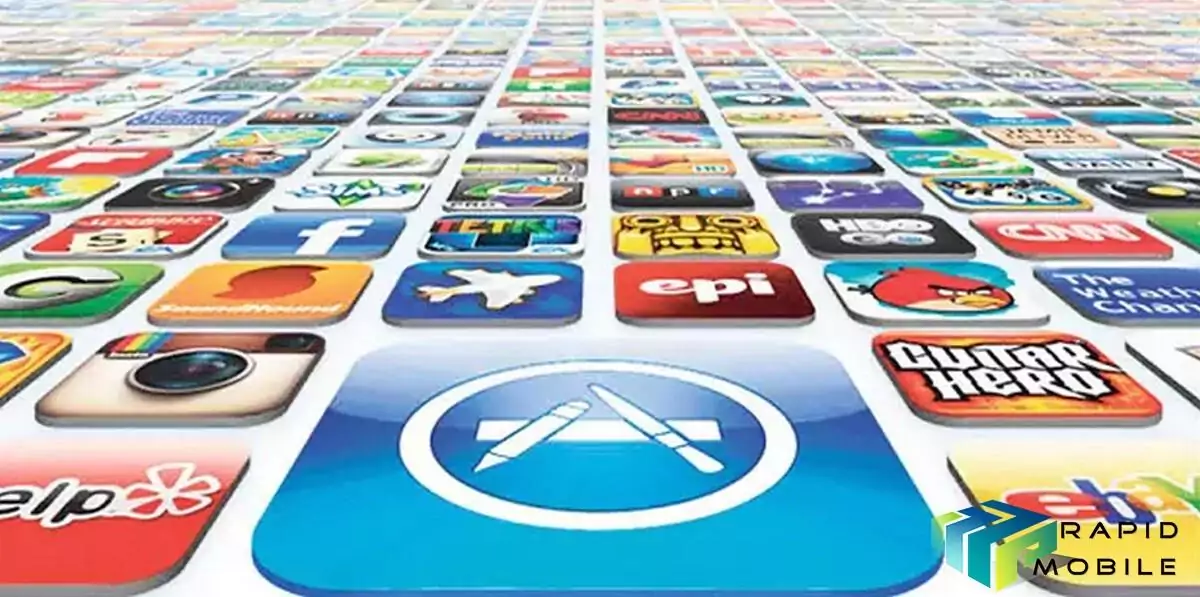The US Supreme Court has said customers can sue Apple over the 30 per cent commission it charges developers who want to sell apps through its App Store, paving the way for a landmark antitrust lawsuit filed by iPhone owners who argued that Apple’s “walled garden” for apps is anti-competitive.
The ruling may have far-reaching consequences for Apple, which bans customers from buying apps outside its App Store, and for other companies that operate online marketplaces.
Justice Brett Kavanaugh wrote,
“The iPhone owners purchase apps directly from the retailer Apple, who is the alleged antitrust violator. The iPhone owners pay the alleged overcharge directly to Apple. The absence of an intermediary is dispositive,”
In a statement, Apple said that the App Store was “not a monopoly by any metric”, adding:
“We’re confident we will prevail when the facts are presented.” Developers set prices in the App Store “and Apple has no role in that”,
“Developers have a number of platforms to choose from to deliver their software — from other apps stores, to Smart TVs to gaming consoles — and we work hard every day to make our store the best, safest and most competitive in the world.”
The question before the court was whether iPhone owners could claim damages for alleged price inflation caused by a 30 per cent commission, even though the fee is levied upon developers, rather than consumers directly.
The case began as a class-action lawsuit filed in 2011. The plaintiffs, led by Robert Pepper, argued that Apple had unlawfully monopolised the sale of iPhone apps by requiring customers to use its App Store.
The lawsuit was thrown out by a district court in California, but that decision was later reversed by the Ninth Circuit appeals court. In 2017, Apple filed an appeal to the Supreme Court, asking it to block the lawsuit on the basis of a 1977 precedent set in a case called Illinois Brick, which said only the direct buyers of a product could seek triple damages for inflated prices under federal antitrust law.
The company had argued the precedent meant that in this case the plaintiffs should only be able to sue developers, who set the price of their individual apps, rather than Apple itself.
Mr Kavanaugh said Apple’s arguments were “not persuasive economically or legally”. He wrote:
“Apple’s theory would provide a road map for monopolistic retailers to structure transactions with manufacturers or suppliers so as to evade antitrust claims by consumers and thereby thwart effective antitrust enforcement.”
Other conservatives on the court dissented from Mr Kavanaugh’s opinion, putting him in direct opposition to Justice Neil Gorsuch. Both men have reputations for “knowing their way around antitrust,” according to one DC-based antitrust partner, but showed starkly differing views of the case.
“The lawsuit before us depends on just the sort of pass-on theory that Illinois Brick forbids,” wrote Mr Gorsuch, who authored the dissenting opinion.
“If the commission is in fact a monopolistic overcharge, the developers are the parties who are directly injured by it.”
[wp-embedder-pack width=”100%” height=”400px” download=”logged-in” download-text=”” url=”https://www.supremecourt.gov/opinions/18pdf/17-204_bq7d.pdf” /]



